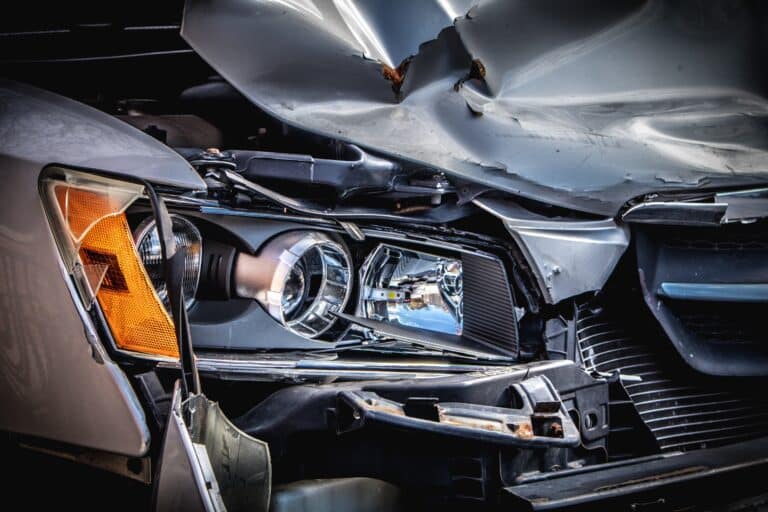With the leaves gone and a chill in the air, our minds turn toward the upcoming holiday season and travel. For millions of Americans, this means a time-honored tradition: the road trip.
But what should you do if you’re in an accident while on your road trip in another state?
Or, what if an out-of-state driver causes an accident in your home state?
If You’re in an Accident
First things first. Any time you’re in an auto accident, you need to:
- Call 9-1-1.
- Get medical attention if needed, and follow up with your doctor.
- Get contact information from the other driver and any witnesses.
- Take photos of the vehicles and accident scene.
- Comply with law enforcement. Answer questions but don’t volunteer information.
- Get a copy of the police report.
- Notify your insurance company.
- Only discuss the accident with the police, your insurance, or your attorney.
Depending on what insurance coverage you have, your insurance company may help get your car fixed and get you on your way. But seeking compensation for medical expenses, lost wages, and possible non-economic damages (like pain and suffering) can be confusing based on differing laws in different states.
Jurisdiction
The laws of the state where the accident happened apply. If your accident happened in Kansas, then Kansas law applies, even though you might live in Missouri.
To recover damages, you can sue either in the state where the accident occurred or the state where the defendant lives. If you live in Missouri and have an accident with an Oklahoma driver while in Kansas, you could sue in Oklahoma or Kansas, but not Missouri.
If one of the drivers was working at the time (like a truck driver), you could also sue that driver’s employer – in the state where that driver’s employer is located.
To top it off, there are certain conditions under which an accident could be elevated to a federal level, requiring you to sue in federal court.
Comparative Fault
Most states have comparative fault laws that divide damages by the percentage that each party is at fault. For instance, a driver who is 25% at fault could only recover 75% of any damages.
33 states use a Modified Comparative Fault System, which denies damages entirely if a plaintiff is more than a certain percentage (usually 50%) at fault.
Non-Economic Damage Limits
Many states have passed laws limiting the maximum amount that can be awarded for punitive and non-economic damages. These limits can change over time. In several of those states, the limits are being challenged in court. In other states, the limit amount is adjusted yearly.
Statute of Limitations
Each state has a Statute of Limitations law limiting the time for you to bring suit. Each specific case needs to be evaluated to determine what the SOL for that case is. But generally, for most car wreck cases causing an injury (but not a death), here are some ideas of what an applicable SOL could be. Arkansas has a 3-year statute of limitations. Kansas and Oklahoma have 2 years. Missouri has 5 years. Once this time expires without a suit being commenced, you can no longer seek damages from an accident.
Do You Need an Attorney?
As noted above, several factors affect which laws apply, how and where to file a claim, and how much you might expect to recover. An experienced attorney can help you understand your rights and how to obtain compensation for your damages.
You should always consult an attorney before accepting any settlement offer. Insurance companies try to settle claims quickly and for as little as possible. When you accept a settlement offer, you may be giving up compensation to which you’re legally entitled.
If you’ve been involved in an out-of-state auto accident, call us at (417) 313-1130, (417) 319-2113, or (833) 600-0125 for a no-cost, no-obligation consultation. With 140+ years of combined experience, Johnson, Vorhees & Martucci is one of the region’s leading personal injury law firms.




